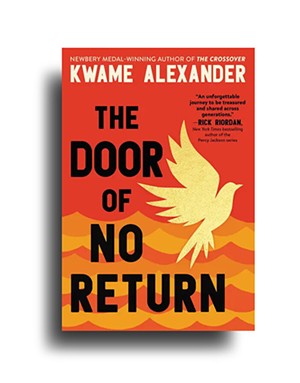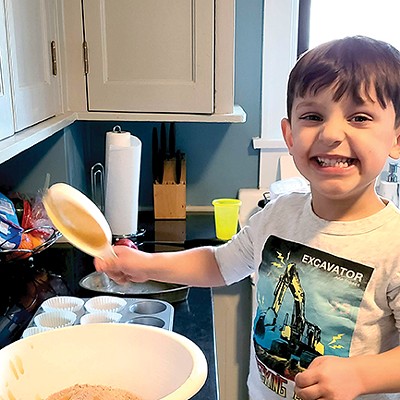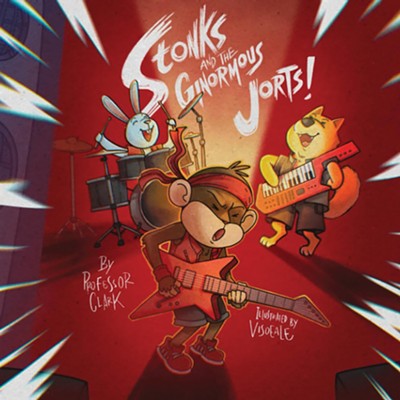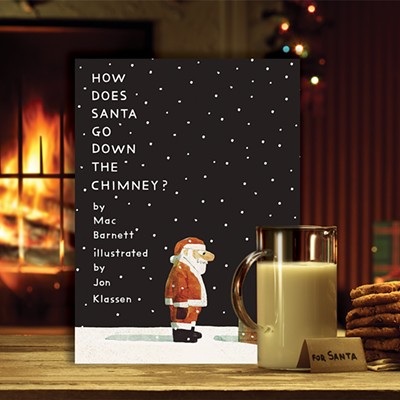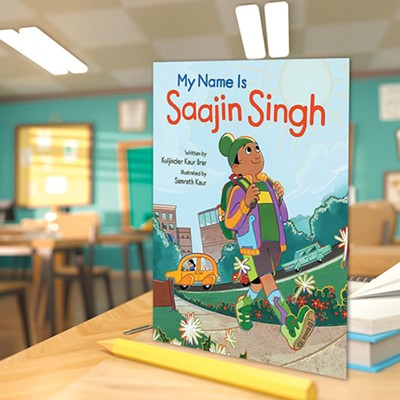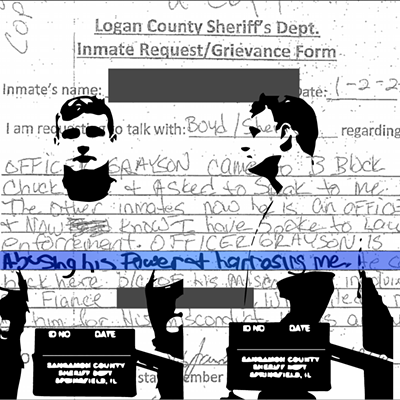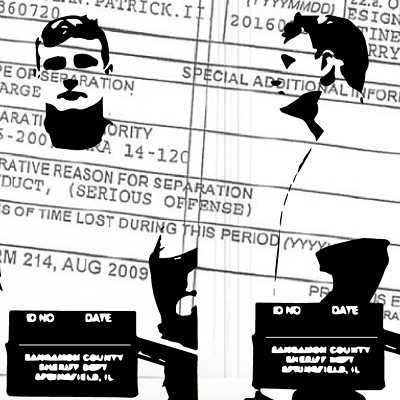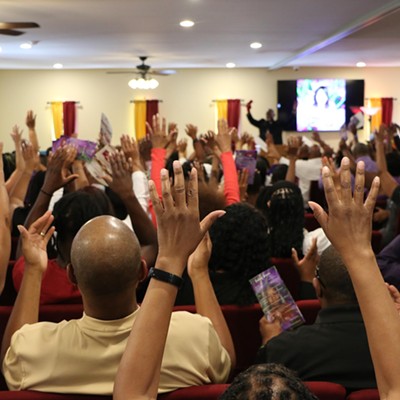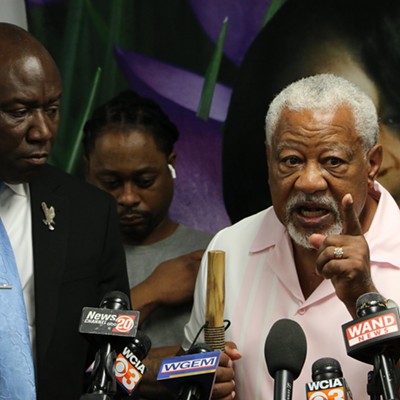Books that teach Black history
Learn about some lesser-known Black historical figures
[
{
"name": "Air - MedRect Combo - Inline Content 1",
"component": "11490391",
"insertPoint": "3",
"requiredCountToDisplay": "1",
"parentWrapperClass": "fdn-ads-inline-content-block"
},{
"name": "Air - MedRect Combo - Inline Content 2",
"component": "11490392",
"insertPoint": "7",
"requiredCountToDisplay": "5",
"parentWrapperClass": "fdn-ads-inline-content-block"
},{
"name": "Air - MedRect Combo - Inline Content 3",
"component": "11490393",
"insertPoint": "12",
"requiredCountToDisplay": "9",
"parentWrapperClass": "fdn-ads-inline-content-block"
}
]
Sometimes we learn about the same brave and historic individuals each year during celebrations such as Black History Month, but this year, consider sharing some stories or biographies with your child of African American individuals who made a strong impact on American history, but may not have the same level of name recognition as others.
For example, while most people have heard of Rosa Parks, not as many have heard of Claudette Colvin. In March of 1955, nine months before Parks refused to give up her seat on the segregated bus and was arrested, 15-year-old Colvin was brave enough to do the same thing.
In 2022, bestselling author Tracey Baptiste wrote a beautiful book titled Because Claudette. This book, illustrated by Tonya Engle, not only gives Colvin the recognition she needs, but also explains how her decision to stay seated then was the catalyst for Parks’ decision, which then led to many of the other decisions throughout the successful Montgomery bus boycott. Because Claudette is a tribute to one of the unsung heroes of the civil rights’ movement. Though still profound, this book written in a simple way that can be enjoyed by readers as young as second grade if it is read to them, and understood by independent readers starting in third grade.
Another lesser-known Black American hero of American history is William Still. Although most of us have heard of the Underground Railroad, few people know that Still has been called by some the father of the Underground Railroad. Thankfully, author and illustrator Don Tate wrote William Still and His Freedom Stories: The Father of the Underground Railroad.
In this book, published in 2020, Tate tells the story of William Still’s parents, who were able to escape slavery, and relates stories about Still’s childhood. Once he became a free Black adult, Still risked his safety regularly by opening his home to those people who were running toward freedom. Although some might have thought that was risky enough, Still also began listening to and writing down the stories of these former slaves. This was a way that he could help reunite families separated during their escapes as they came into the city of Philadelphia. I won’t tell all the details, but Still definitely earned that title, Father of the Underground Railroad. I would recommend this longer picture book for readers in fourth grade and up.
Often, we forget that the history of African Americans did not begin with slavery. Before they were enslaved, they were free people, living and thriving in communities in Africa. However, Kwame Alexander is doing his part to try and educate young readers about life before the freedom of Africans was snatched away.
In his latest novel-in-verse, The Door of No Return, Alexander spends a large portion of the book telling the stories of young Kofi, his family and his friends and their lives as part of the Asante Kingdom in 1860. Now don’t get me wrong, there is still drama within the kingdom, which is part of what leads to the capture of African people. However, I believe Alexander was very intentional in having the capture of Kofi and the story of the Middle Passage not be the bulk of the story told in his book, and for that, I am grateful. At almost 400 pages, this story is a longer one, but because it is mostly in verse, it is a faster read than you would expect. This book would probably be best for those readers who are in fifth grade and up.
So this February, consider sharing with your child these stories that just might teach them about some different changemakers of American history.
For example, while most people have heard of Rosa Parks, not as many have heard of Claudette Colvin. In March of 1955, nine months before Parks refused to give up her seat on the segregated bus and was arrested, 15-year-old Colvin was brave enough to do the same thing.
In 2022, bestselling author Tracey Baptiste wrote a beautiful book titled Because Claudette. This book, illustrated by Tonya Engle, not only gives Colvin the recognition she needs, but also explains how her decision to stay seated then was the catalyst for Parks’ decision, which then led to many of the other decisions throughout the successful Montgomery bus boycott. Because Claudette is a tribute to one of the unsung heroes of the civil rights’ movement. Though still profound, this book written in a simple way that can be enjoyed by readers as young as second grade if it is read to them, and understood by independent readers starting in third grade.
Another lesser-known Black American hero of American history is William Still. Although most of us have heard of the Underground Railroad, few people know that Still has been called by some the father of the Underground Railroad. Thankfully, author and illustrator Don Tate wrote William Still and His Freedom Stories: The Father of the Underground Railroad.
In this book, published in 2020, Tate tells the story of William Still’s parents, who were able to escape slavery, and relates stories about Still’s childhood. Once he became a free Black adult, Still risked his safety regularly by opening his home to those people who were running toward freedom. Although some might have thought that was risky enough, Still also began listening to and writing down the stories of these former slaves. This was a way that he could help reunite families separated during their escapes as they came into the city of Philadelphia. I won’t tell all the details, but Still definitely earned that title, Father of the Underground Railroad. I would recommend this longer picture book for readers in fourth grade and up.
Often, we forget that the history of African Americans did not begin with slavery. Before they were enslaved, they were free people, living and thriving in communities in Africa. However, Kwame Alexander is doing his part to try and educate young readers about life before the freedom of Africans was snatched away.
In his latest novel-in-verse, The Door of No Return, Alexander spends a large portion of the book telling the stories of young Kofi, his family and his friends and their lives as part of the Asante Kingdom in 1860. Now don’t get me wrong, there is still drama within the kingdom, which is part of what leads to the capture of African people. However, I believe Alexander was very intentional in having the capture of Kofi and the story of the Middle Passage not be the bulk of the story told in his book, and for that, I am grateful. At almost 400 pages, this story is a longer one, but because it is mostly in verse, it is a faster read than you would expect. This book would probably be best for those readers who are in fifth grade and up.
So this February, consider sharing with your child these stories that just might teach them about some different changemakers of American history.
Illinois Times has provided readers with independent journalism for almost 50 years, from news and politics to arts and culture.
Your support will help cover the costs of editorial content published each week. Without local news organizations, we would be less informed about the issues that affect our community..
Got something to say?
Send a letter to the editor and we'll publish your feedback in print!

